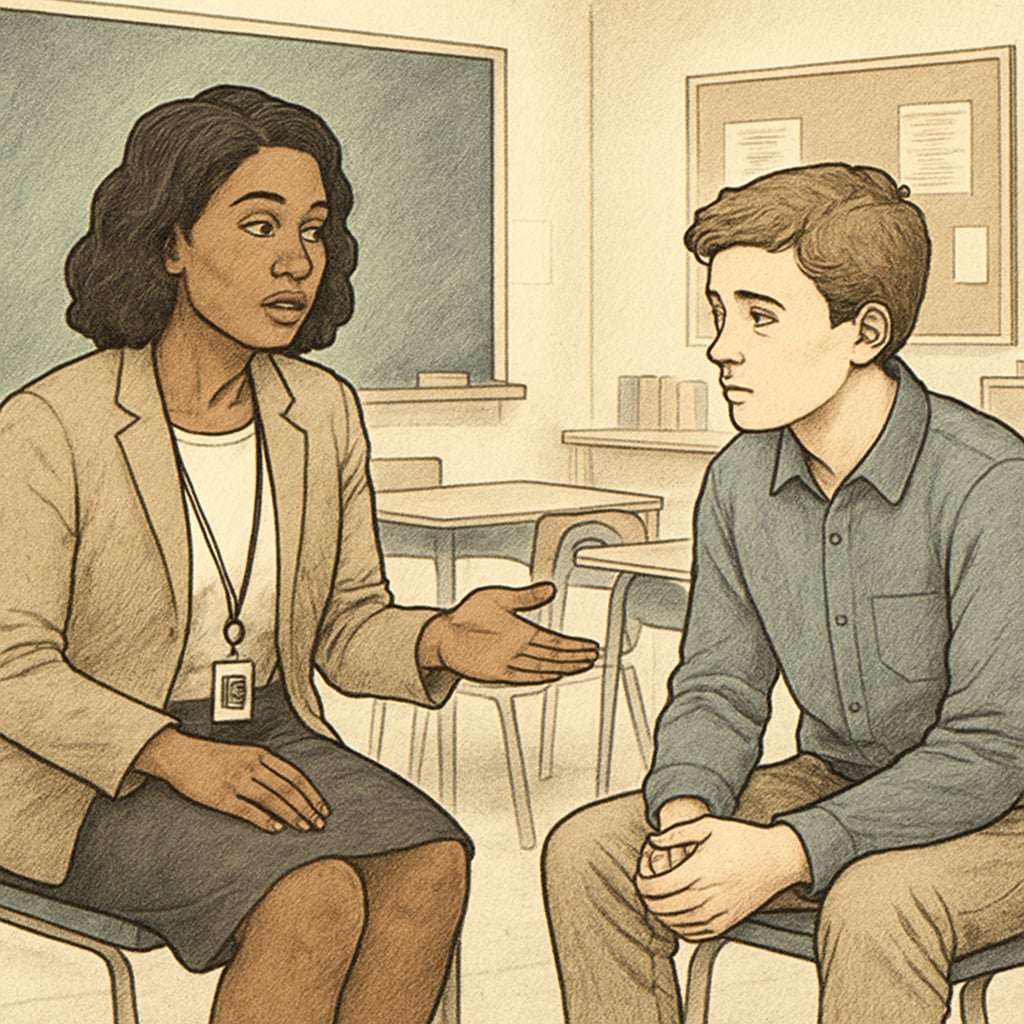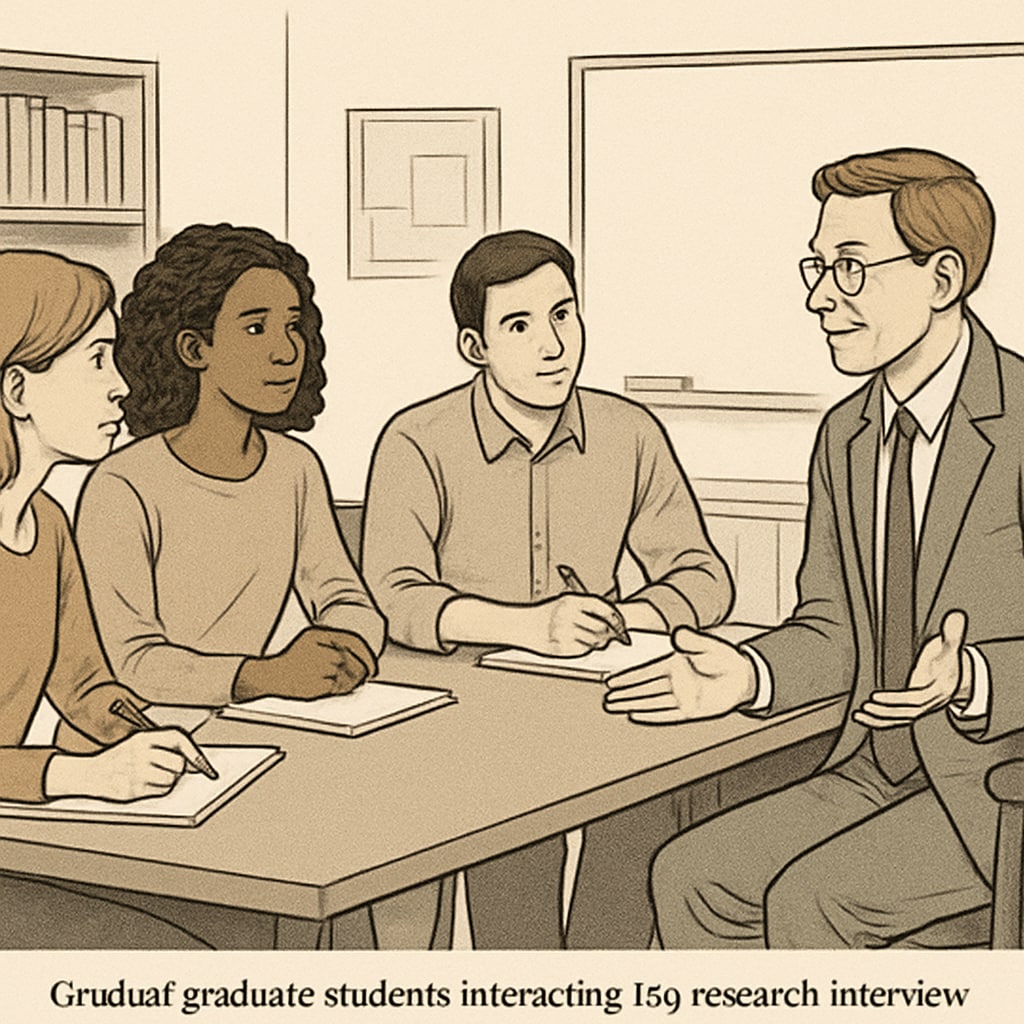School counselors play an essential role in the K-12 educational system, serving as a bridge between students, educators, and families. For graduate students tasked with academic assignments, such as conducting interviews, the expertise of school counselors can provide invaluable insights. However, connecting graduate researchers with these practitioners often presents unique challenges. This article examines the critical importance of school counselors, the hurdles faced during research, and actionable strategies to foster deeper collaboration between education researchers and school counseling professionals.
The Role of School Counselors in K-12 Education
School counselors are integral to fostering students’ academic, social, and emotional development. They work closely with students to address personal challenges, advocate for equitable opportunities, and develop individualized plans for academic and career success. According to Britannica, the profession has evolved to include a broader focus on mental health and holistic well-being. As a result, their expertise offers a unique perspective that is particularly valuable for graduate-level research focused on education systems, student behavior, or mental health initiatives.
Despite their importance, school counselors are often underutilized in academic research. Bridging the gap between educational research and counseling practice can lead to more effective interventions and policies. But for graduate students, finding and engaging these professionals as interview subjects is not always easy.

Challenges in Engaging School Counselors for Research
Graduate students often face logistical and structural challenges when attempting to interview school counselors. These obstacles may include:
- Time Constraints: School counselors typically juggle multiple responsibilities, leaving little time for external research participation.
- Institutional Barriers: Gaining permission from school districts or administrators to interview counselors can be a lengthy process.
- Lack of Awareness: Some counselors may be unaware of the potential benefits of participating in academic research, leading to reluctance or disinterest.
In addition, graduate students may lack the professional networks needed to connect with these practitioners effectively. Without a clear framework for collaboration, opportunities for meaningful engagement can be lost.
Strategies to Foster Collaboration
To overcome these barriers and build stronger connections between researchers and practitioners, here are several effective strategies:
- Establish Mutual Benefits: Emphasize how participation in research can contribute to the counselor’s own professional development and provide insights relevant to their work.
- Leverage Professional Networks: Graduate students can collaborate with organizations such as the American School Counselor Association (ASCA), which can help connect them with practicing counselors.
- Simplify the Process: Create clear, concise interview protocols and minimize the time commitment required for participation.
- Engage Gatekeepers: Build relationships with school administrators who can facilitate access to counselors within their institutions.
By implementing these strategies, both researchers and practitioners can benefit from a richer exchange of knowledge and insights. Graduate students, in particular, can gain access to the real-world expertise necessary to inform their academic work.

Looking Ahead: Strengthening Research-Practice Partnerships
In conclusion, fostering collaboration between school counselors and graduate researchers is essential for enhancing the quality of educational research and its practical applications. By addressing challenges such as time constraints, institutional barriers, and lack of awareness, both groups can work together to create more effective educational practices. School counselors, as frontline practitioners, offer a wealth of knowledge that is vital for shaping academic policies and interventions. Likewise, academic research can support counselors by providing evidence-based strategies to improve student outcomes.
Graduate students should be proactive in seeking out opportunities to engage with school counselors and should approach these collaborations with respect, curiosity, and a focus on mutual benefit. Together, researchers and practitioners can build a stronger educational system that better serves students, families, and communities.
Readability guidance: Use short paragraphs, include bullet points for clarity, and maintain a balance between academic tone and accessibility. Ensure even distribution of keywords and incorporate transition words for coherence.


